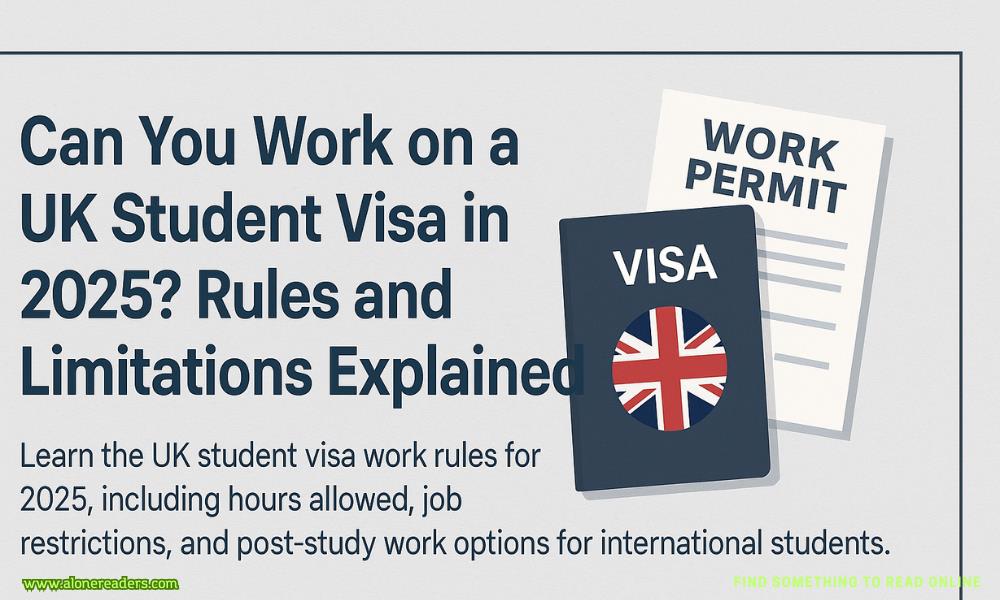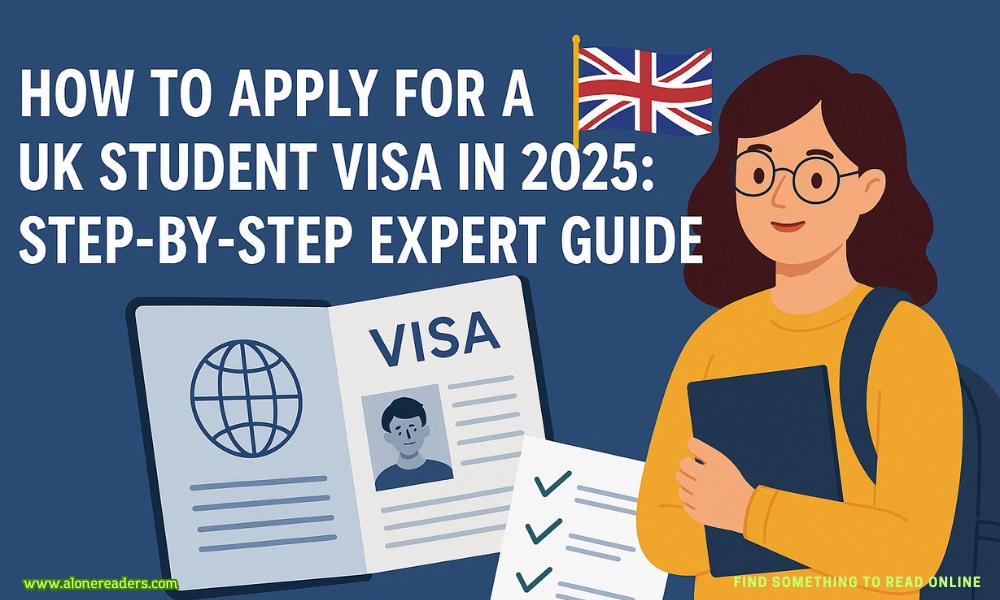Page 79 of Her Radiant Curse
“As I thought,” says Hokzuh, letting me go. “I’ve seen what you can do. Few have my respect, but you! You’re fearless, you’re strong—you could be unstoppable, except, Gadda be damned, why won’t you fight for yourself?”
The reprimand is all too familiar. I was giving it to Vanna only a few days ago, right before her selection. I never thought I’d hear it aimed at me.
I sit up. “What is there to fight for?” I say acidly. “What I want most I can’t have. A family, a normal life, a chance at…”
“At love?” he says when my voice trails.
My cheeks suddenly go hot, and I look away, loathing that he’s read such a vulnerable part of me so easily. “You’ve seen what people do when they see my face. I’m a monster.”
“To the Nine Hells what people say! Do you think you’re a monster?”
I swallow hard. I shake my head.
“Good.” He touches my shoulder. “Because you’re not one to me.”
I look up at the half-dragon, heat rushing to my face, and I hold myself together with a breath. Here is someone like me. Someone who knows what it’s like to feel misplaced, to be hurt by others simply for not belonging. We’re monsters on the outside. Outcasts. But inside?
I’d be lying if I said I didn’t feel the pull toward him. Whether it’s the gods twisting our threads of fate together, or prophecy, or something else entirely—it’s a small miracle that we’ve found each other.
“You’re no monster, either,” I say. “Not to me.”
A shadow touches his eyes. It lasts only an instant before he blinks it away. As if nothing happened, he blows at his bangs and wears his usual grin. “Finally, you admit you like me.”
“I didn’t say I liked—”
“You’re going to be the doom of me, aren’t you?”
“What?”
He winks. “It’s those snake eyes. I can’t resist them.”
I know he’s joking, and I roll my snake eyes in mock exasperation, but there’s a skip in my heart as Hokzuh offers me my mask back. When, for the briefest moment, our fingertips touch.
“Thank you,” I mumble, practically snatching it.
“You can thank me by not dying.”
I twist away, but as I raise the mask to my face, I hesitate. I bend over the side of the boat to face the Channi in the water, and I run my fingers over the rough surface of my skin. Scales crackle under my nails until I reach the nape of my neck, which is where my human skin takes over. The sound has always made me cringe, except today I raise my chin.
This is the face I have, I tell my reflection fiercely. Nothing will change that. Nothing.
Before I lose my courage, I fling my mask into the sea.
It drifts away on the current before the wood darkens and it starts to sink. For years and years I’ve worn a mask. No more.
With a slow exhale, I turn to Hokzuh, who’s wearing an approving smile.
With that look, the loneliness etched inside me fades. A tickle buds in my nose, and when I let it free, it turns out to be a laugh. A laugh, coming deep from my belly and my heart. Even when I stop for breath, it doesn’t taste bitter at all.
Hokzuh side-eyes me, not understanding what I find so funny. Then he shakes his head and starts laughing too.
It’s nice, I discover, laughing together. My blood hums with warmth—different from the buzzy adrenaline I get during a hunt, and I feel light enough to sing.
“Congratulations,” says Hokzuh. “No more masks. No more hiding. You are ready to fight, Channari. You are ready to win.”
I let out a long exhale. “You can call me Channi.”
He actually beams. It changes his face, softening the hardness of his jaw and brightening his mismatched eyes, so that he looks almost boyish. And the way the sunlight skates across his back, making his blue-green scales shine…it’s beautiful.
- Her Irresistible Husband by Marian Tee
- Bratva Past by Sam Crescent
- Unbroken by Jane Henry
- Tattooed Vow by Kat Steele
- Broken by Jordan Marie
- Pleasure Lessons by Jenna Rose
- Craved By Gray by Cassi Hart
- Road Trip With Her Daddy Protector by Lizzie Sparks
- My Tempting Mountain Man by Lizzie Sparks
- Text Me, Take Me by Flora Ferrari
- Twisted Fate by M. James
- Born in Sin by Shilpa Suraj
- Exposed by Samantha Wilde
- Beyond Repair: Part One by Y.V. Larson
- Eternal Pieces by Hana Meadows
- Special Agent Anastacia by Mimi Barbour







